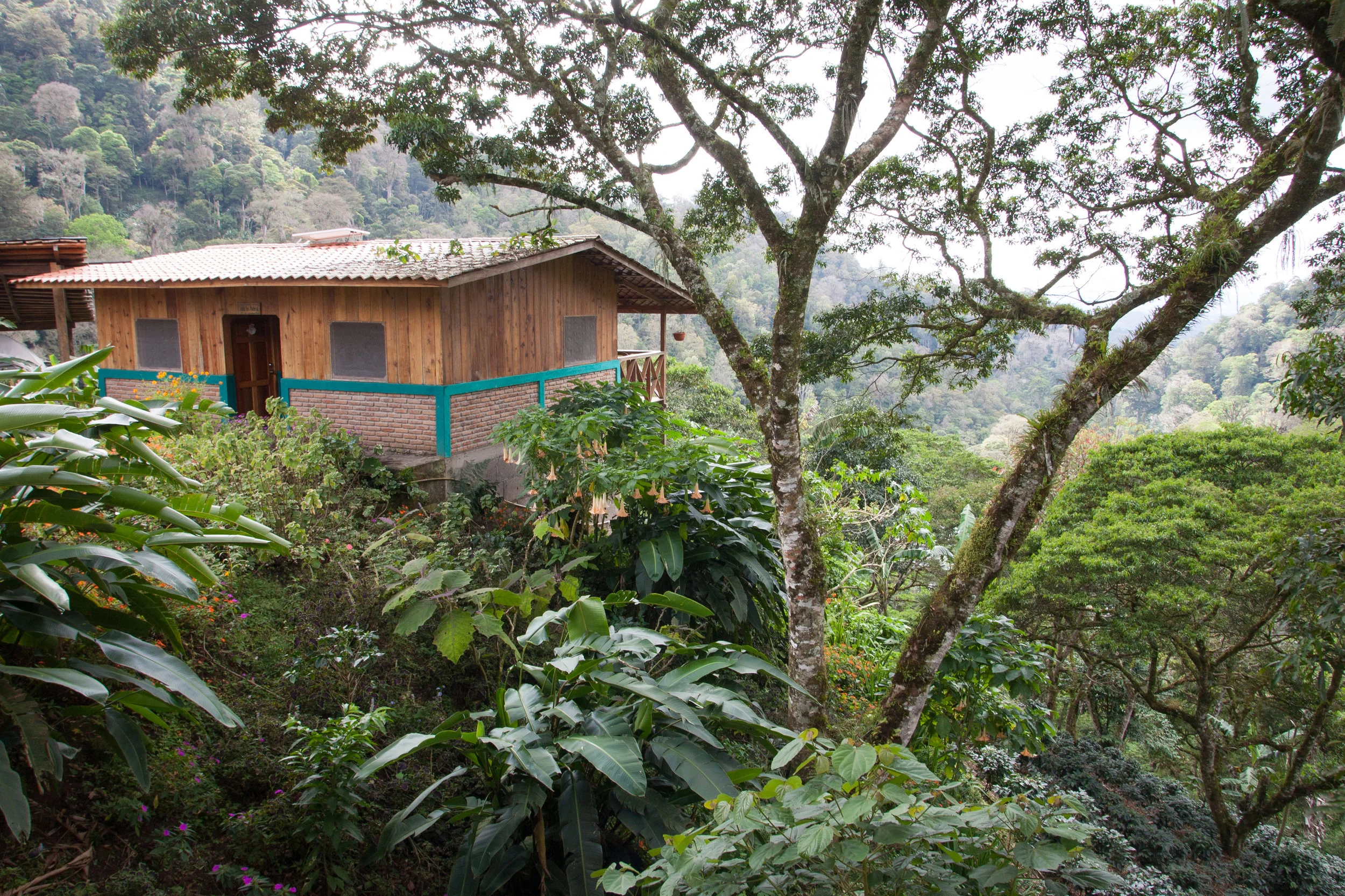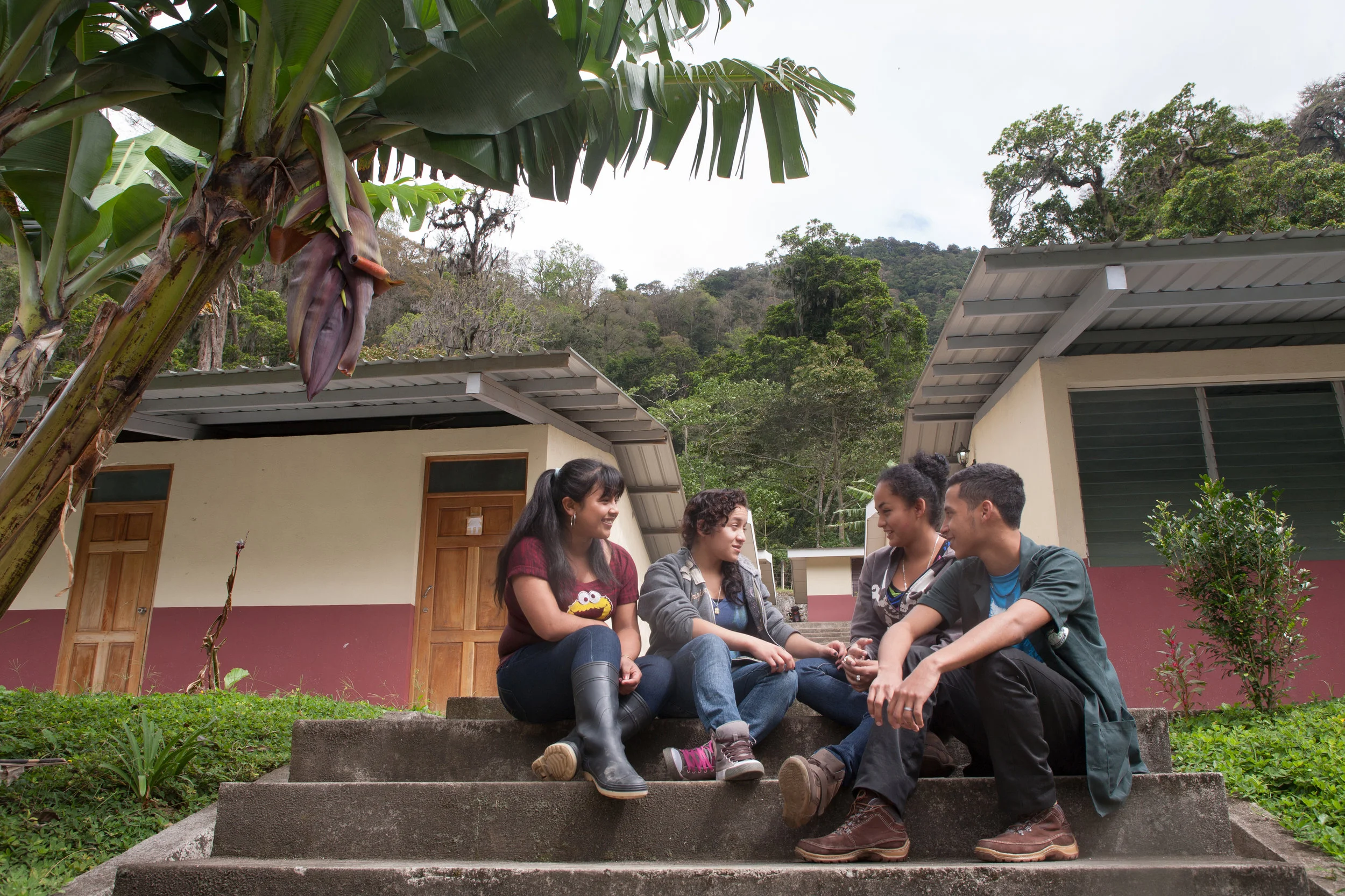The yearly World Happiness Report ranks the overall social attitudes of a country's citizens with regards to freedom, generosity, honesty, health, income, and good governance.
While a position closest to the top is an uphill battle for a majority of countries, Nicaragua has shown notable progress in its quality of life, making 2017 one of the country's best years yet.
Years of poverty and economic downturn have taken a toll on the country's livelihood, especially in regards to the current education system. To date, Nicaragua has the largest youth demographic in Latin America, with more than two million school-aged children. Of those two million, half of them live in poverty, and an estimated 500,000 children aged three to 17 are not even registered in the school system. The mentorship and support needed in a classroom setting has not always been readily available for Nicaraguan youth.
PHOTO: NIURKA BARROSO
Poverty is the leading cause of absence in the classroom in Nicaragua. Children will often skip the books in order to find work to support their families. Forced to choose between paying for textbooks with limited funds in exchange for free schooling, or hustling goods and services on the streets and in the markets for profit, most youngsters choose the latter. Under Nicaraguan law, youth can begin working at the age of 14. Despite the law, leaders believe that anywhere from 250,000 to 320,000 child workers under the age of 14 are still employed.
Registered in London in 2006, an English organization called Teach A Man To Fish works tirelessly alongside global businesses in order to provide tailored support to youth in need in a classroom setting. The goal is to instill a set of ethical and sustainable values in the students that encourage them to begin thinking like businesspersons in order to prepare them for a career outside of school. Currently, TAMTF has more than 5,500 members in over 130 countries and Nicaragua is a part of that network.
PHOTO: NIURKA BARROSO
One of the non-profit's most notable achievements is the "School Enterprise Challenge". Open to all countries, the School Enterprise Challenge is a business startup competition that aims to pair teachers with students in an attempt to launch a profitable business that creates genuine, positive results on a social and environmental level. With guidance, support, and hands-on training from teachers, students are taught how to open up a real-life business that turns a genuine profit. Up to $50,000 in cash prizes are up for grabs for the students and teachers who show the most entrepreneurial spirit and promise. In 2016 alone, 5,265 schools from 106 different countries signed up for the challenge. To enter, students and teachers work together to brainstorm and develop a business plan. Once the legwork is done, the business is then launched within the school. The awards go to the students whose ideas are innovative, unique, and sustainable.
PHOTO: NIURKA BARROSO
PHOTO: ANA O'BYRNE
PHOTO: NIURKA BARROSO
La Bastilla Technical Agricultural School in Los Colinas, Nicaragua, is directly associated with Teach A Man To Fish and it operates by creating possibilities through youth education. In a district where roughly only 20% of youth attend secondary school, La Bastilla Technical Agricultural School is able to educate its young attendees through sustainable farming practices and profitable business methods. The school teaches youth the basic principles of farming like dairy, egg and coffee production.
PHOTO: NIURKA BARROSO
PHOTO: NIURKA BARROSO ANA O'BYRNE IN ACTION
PHOTO: NIURKA BARROSO
Photographers Ana O’Byrne and Niurka Barroso have provided detailed recollections of their time and experiences in Los Colinas. “The Ecolodge has several buildings. They’ve got a dining hall, a recreational hall and they’ve got all these different cottages and bunks. Down the hill is the technical school and also their farm,” recounted O’Byrne. “We were a little taken aback at how rural it was, and you can only get up to the Ecolodge by a four-wheel drive vehicle. There’s a dairy farm, there’s a small bakery, and in the midst of it all, they teach the kids how to sustain themselves." Under Nicaragua law, youth can begin working at the age of 14. Despite the law, leaders believe that anywhere from 250,000 to 320,000 child workers under the age of 14 are employed.
PHOTO: NIURKA BARROSO
Poverty is the leading cause of absence in the classroom in Nicaragua. Children will often skip the books in order to find work to support their families. Forced to choose between paying for textbooks with limited funds in exchange for free schooling, or hustling goods and services on the streets and in the markets for profit, most youngsters choose the latter. Educational initiatives like Teach A Man To Fish are creating noticeable impact given the ways in which they blend business with education. According to an article in the Wall Street Journal, Nicaragua has climbed out of poverty, with an impressive decrease by 30% between 2005 and 2014. The initiatives put in place by Teach A Man To Fish allow Nicaragua's young people to turn a profit, while still pursuing and enjoying an education.
You can visit Teach A Man To Fish's website here.
You will also like















